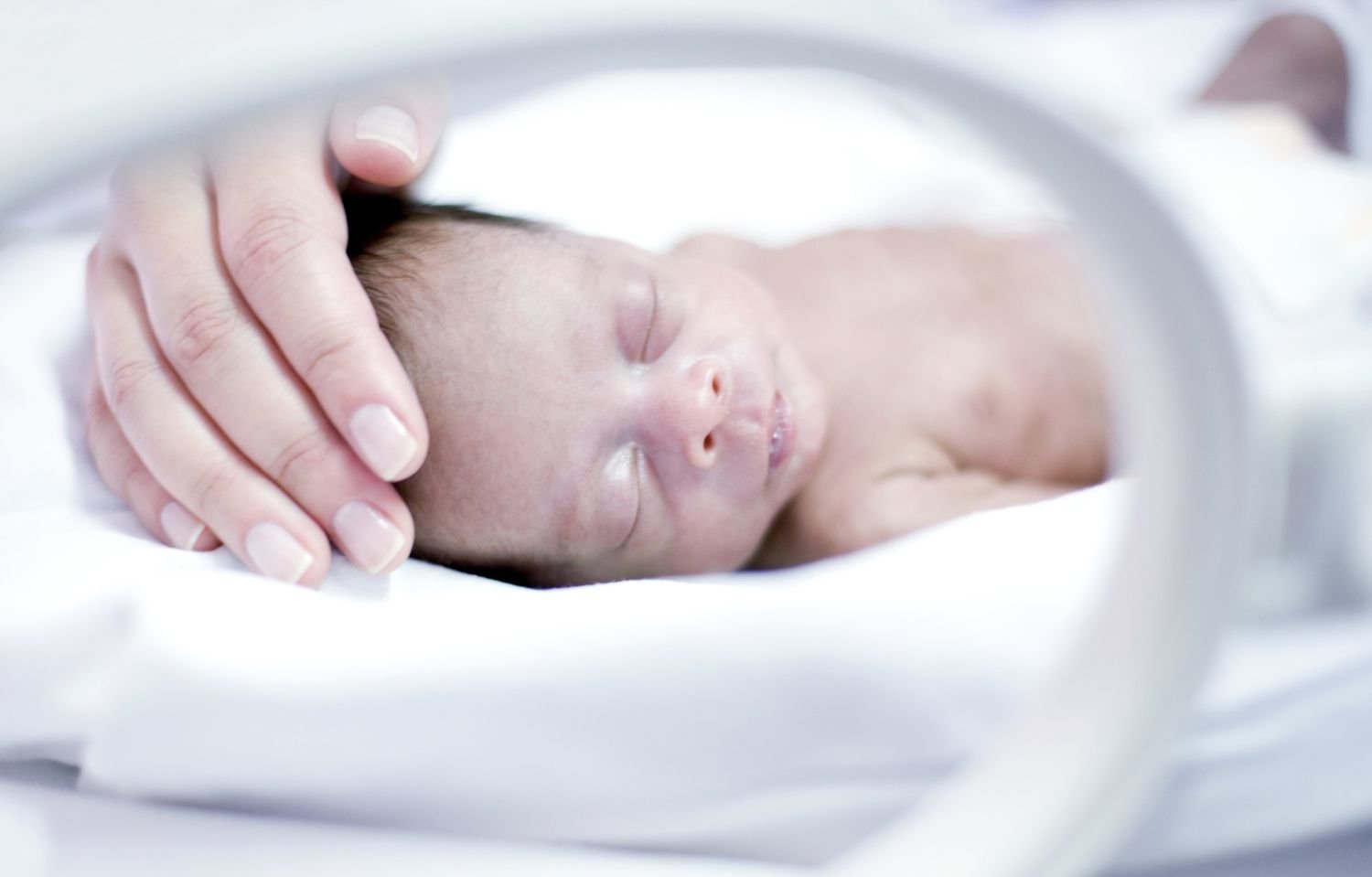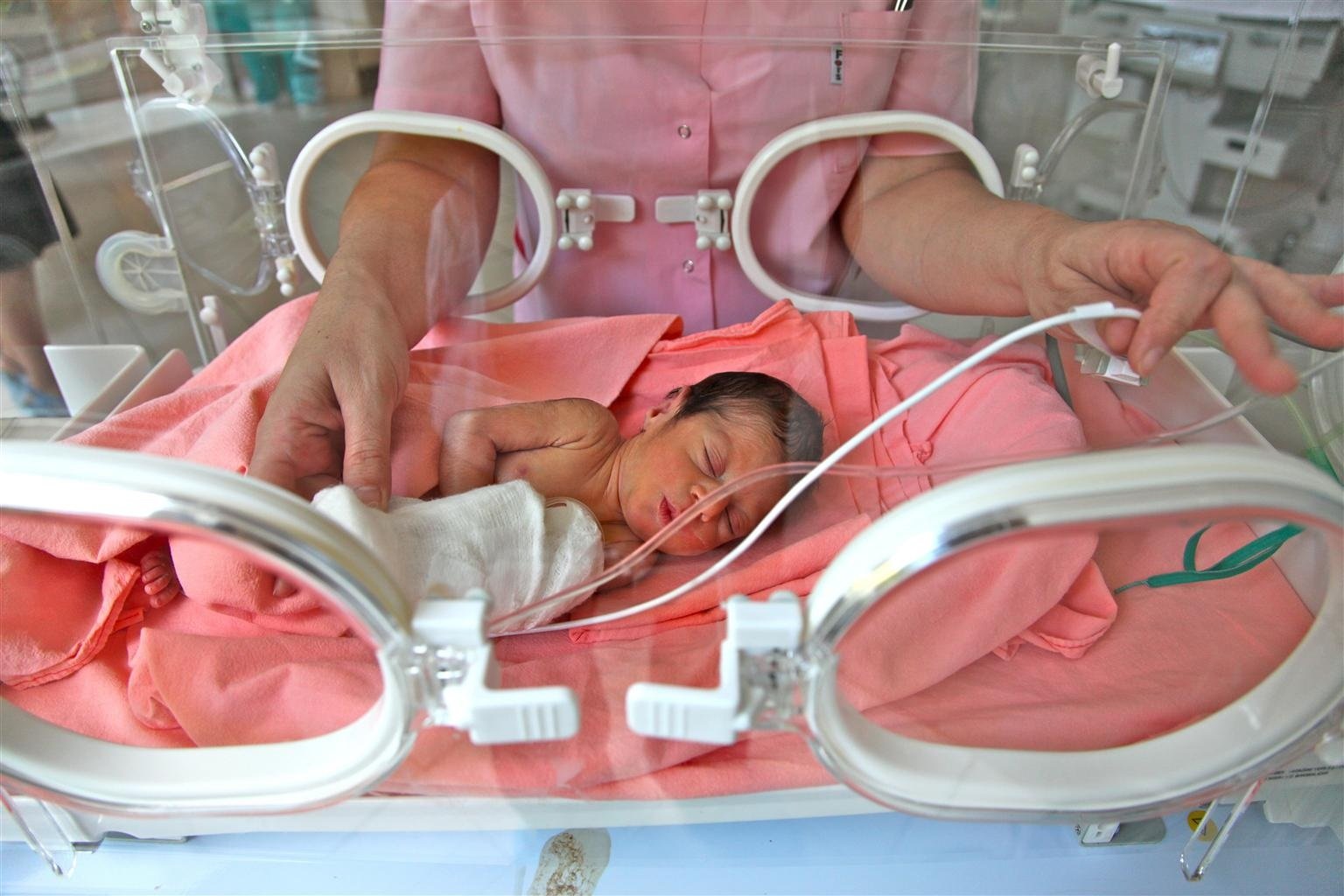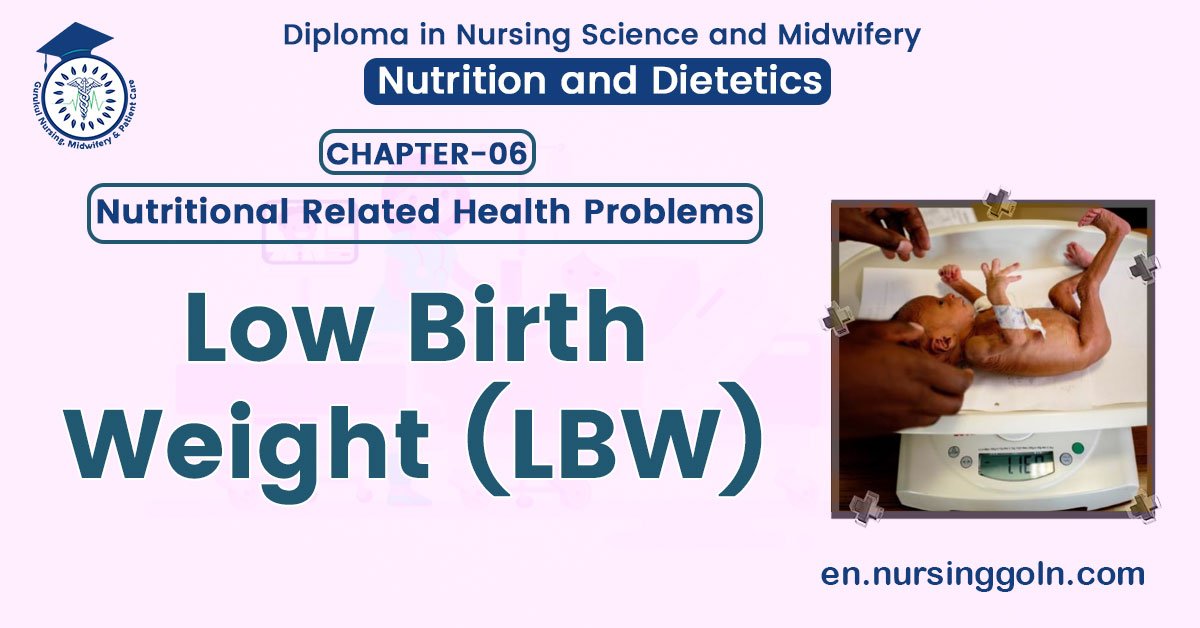Low Birth Weight (LBW) – nutrition and Severe Acute Mal-Nutrition – This book covers the entire syllabus of “Nutrition and Dietetics” prescribed by BNMC-for all Diploma in Nursing Science and Midwifery students. We tried to accommodate latest information and topics. This book is examination friendly setup according to the teachers’ lectures and examination’s questions. At the end of the book previous university questions are given. We hope in touch with the book students’ knowledge will be upgraded and flourished. The unique way of presentation may make your reading of the book a pleasurable experience.
Low Birth Weight (LBW)
Low Birth weight (LBW) baby:
According to WHO, a low birth weight (LBW) baby is one with a birth weight of less than 2500 gm, within the first hour of life, before significant postnatal weight loss.
or
Low birth weight is a term used to describe babies who are born weighing less than 5 pounds, 8 ounces (2,500 grams).
Risk factors for LBW
1. Malnutrition.
2. Infection.
3. Unregulated fertility.
Which are often due to poor socio-economic and environmental conditions.

Another Answer
Medical risk factors for having a low-birth weight baby
- Preterm labor.
- Taking certain medicines to treat health conditions
- Infections
- Problems with the placenta.
- Not gaining enough weight during pregnancy
- Having a premature baby or a growth-restricted baby in the past
- Being pregnant with multiples (twins, triplets or more)
Risk factors in everyday life for having a low-birth weight baby
- Smoking, drinking alcohol, using street drugs and abusing prescription drugs.
- Exposure to air pollution
- Low socioeconomic status (also called SES).
- Domestic violence.
Types of Low Birth Weight Baby
It may be of two types – :
1. Pre-term babies: When the baby born before completed 37 weeks (259 day) of gestation. Their intrauterine growth may be normal.
2. Small-for-date babies (SFD): Birth weight less than 10th percentile for the gestational age.

Another Answer
A low birth weight baby will fall into one of three categories:
1. Low birth weight (LBW): A LBW baby weights less than 2500 grams, or 5 lbs 5 oz. n
2. Very low birth weight (VLBW): A VLBW baby weights less than 1500 grams, or about 3 lb 9 oz.
3. Extremely low birth weight (ELBW): An ELBW baby weights less than 1000 grams, or about 2 lb 3 oz.
Important Cause of Death Due to Low Birth Weight:
1. Atelectasis.
2. Malformation.
3. Pulmonary haemorrhage.
4. Intracranial bleeding, secondary to anoxia or birth trauma.
5. Pneumonia and
6. Other infections.
Principle of Treatment of LBW:
- Treat / prevent hypoglycemia.
- Treat / prevent hypothermia.
- Treat/prevent dehydration
- Correct electrolyte imbalance.
- Treat / prevent infection.
- Correct micronutrient deficiencies.
- Achieve catch-up growth.
- Provide sensory stimulation and emotional support
- Prepare for discharge and follow-up after recovery.
Prevention of LBW baby:
| Direct intervention measures: |
|
| Indirect intervention: |
|
Complications of Low Birth Weight:
- Infection (both overt & hidden).
- Dehydration & dyselectrolytaemia
- Hypoglycemia.
- Anemia
- Congestive cardiac failure.
- Bleeding.
- Xerophthalmia & blindness
- Sudden infant death syndrome
Another Answer
Common Complications:
Some of the common problems of low-birth-weight babies include:
- Low oxygen levels at birth
- Trouble staying warm
- Trouble feeding and gaining weight
- Infection
- Breathing problems and immature lungs (infant respiratory distress syndrome)
- Nervous system problems, such as bleeding inside the brain (intra ventricular hemorrhage)
- Digestive problems, such as serious inflammation of the intestines (necrotizing enterocolitis)
- Sudden infant death syndrome (SIDS)
- Babies with very low birth weight are at risk for long-term complications and disability.
Long-term complications:
- Cerebral palsy
- Blindness
- Deafness
- Developmental delay
Importance of LBW:
1. Its high incidence is related to a high risk of perinatal & infant mortality and morbidity
2. It is the single most important factor determining the survival changes of the child.
3. The infant mortality rate is about 20 times greater for all LBW babies than for other babies’
4. LBW is an important guide to the level of care needed by individual babies.
5. LBW reflects inadequate nutrition & ill health of the mother.
6. A high percentage of LBW points to deficient health status of pregnant woman inadequate, prenatal care & the need for improved care of the newborn.
Key Points About Low Birth Weight
- Low birth weight is a term used to describe babies who are born weighing less than 5 pounds, 8 ounces (2,500 grams).
- Babies weighing less than 3 pounds, 5 ounces (1,500 grams) at birth are considered very low birth weight.
- Low birth weight is most often caused by premature birth.
- Nearly all low-birth-weight babies need special care in the neonatal intensive care unit (NICU) until they gain weight and are well enough to go home.
- Regular prenatal care is the best way to prevent preterm births and low-birth-weight babies

